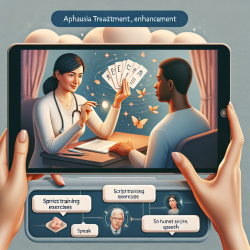The International College of Neuro-Psychopharmacology (CINP) has developed comprehensive treatment guidelines for managing bipolar disorder in adults. These guidelines provide a structured approach to treating various phases of bipolar disorder, emphasizing evidence-based practices. For practitioners seeking to enhance their skills and improve patient outcomes, understanding and implementing these guidelines can be invaluable.
Understanding the CINP Guidelines
The CINP guidelines prioritize monotherapy over combination therapy when sufficient data supports this approach. They offer separate recommendations for each major phase of bipolar disorder: acute mania, acute bipolar depression, and maintenance. This structured approach allows practitioners to tailor treatments to individual patient needs while keeping long-term management in mind.
Key Recommendations
- Acute Mania: The guidelines recommend starting with monotherapy using agents such as aripiprazole or quetiapine. If the response is inadequate, a stepwise approach involving combination therapies is suggested.
- Acute Bipolar Depression: Quetiapine or lurasidone is recommended as first-line treatments. Cognitive Behavioral Therapy (CBT) can be considered as an adjunct to medication.
- Maintenance Phase: Long-term treatment with mood stabilizers like lithium or valproate is advised. Psychoeducation and CBT are recommended to improve adherence and prevent relapse.
Implementing the Guidelines in Practice
To effectively implement these guidelines, practitioners should focus on:
- Individualized Treatment Plans: Tailor treatments based on patient history, predominant polarity, and specific clinical characteristics.
- Psychoeducation: Engage patients and their families in understanding the disorder and treatment options to enhance adherence.
- Monitoring and Adjustment: Regularly assess treatment efficacy and adjust plans as necessary to optimize outcomes.
Encouraging Further Research
The CINP guidelines highlight areas where further research is needed, such as the integration of different treatment phases into a unified approach. Practitioners are encouraged to contribute to ongoing research efforts by documenting treatment outcomes and participating in clinical studies.
The implementation of these guidelines not only enhances practitioner skills but also ensures that patients receive the most effective and up-to-date care. By embracing evidence-based practices and remaining open to new research findings, practitioners can significantly improve the quality of life for individuals living with bipolar disorder.
To read the original research paper, please follow this link: The International College of Neuro-Psychopharmacology (CINP) Treatment Guidelines for Bipolar Disorder in Adults (CINP-BD-2017), Part 3: The Clinical Guidelines.










